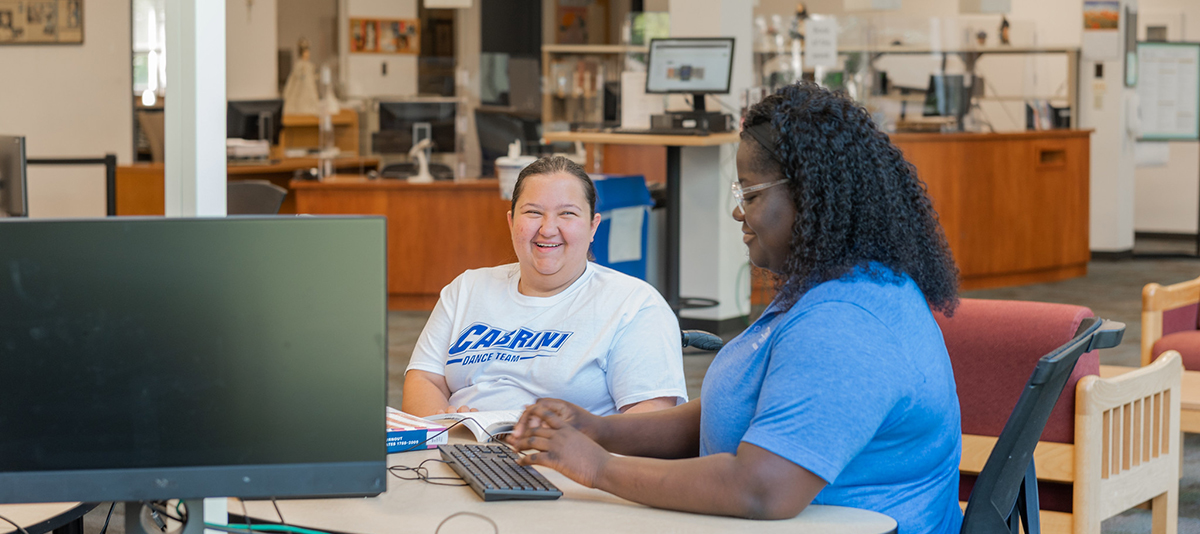History Major
The purpose of the History major is to enrich students’ lives through a broader perspective of different times and places, an appreciation of human difficulties and accomplishments, and a realization of the underlying unity of the human experience.
Courses give meaning and integration to historical events, forming a basis for understanding contemporary issues. The curriculum helps develop habits of open inquiry, patient pursuit of truth, and objective, critical judgment.
History majors offer a variety of career options in business, government at all levels, law, teaching, and archival professions.
Tracks for the Major
Students have the option of choosing the United States History track, the World History track, or both tracks.
Required Courses for United States Track
(all courese 3 credits unless noted)
- HIS 107 - Survey United States History from Colonization to 1877
- HIS 108 - Survey United States History from 1877 to Present
- HIS 105 - Europe from 1648 to 1900
or
HIS 106 - Europe from 1900 to Present - HIS 109 - Introduction to American Studies
or
HIS 213 - American Constitutional History - HIS 409 - American Colonial History
or
HIS 410 - Twentieth Century American History
or
HIS 427 - The Struggle for Black Equality
or
Another 400-level course in consultation with department chair - HIS 487 - Historiography Seminar
- History Electives (15 credits)
at least 6 credits 300-level or above
Total credits for major: 30
Required Courses for World Track
(all courese 3 credits unless noted)
- HIS 105 - Europe from 1648 to 1900
- HIS 106 - Europe from 1900 to Present
- HIS 107 - Survey United States History from Colonization to 1877
or
HIS 108 - Survey United States History from 1877 to Present - HIS 251 - Survey Latin American History from Colonization to 1800
or
HIS 252 - Survey Latin American History from 1800 to Present - HIS 427 - The Struggle for Black Equality
or
HIS 424 - Comparative Slavery
or
HIS 426 - Nazi Germany
or
Another 400-level course in consultation with department chair - HIS 487 - Historiography Seminar
- History Electives (12 credits)
at least 6 credits 300-level or above
Total credits for major: 30
Note: Students may select a maximum of 6 credits in related courses in other specified departments to satisfy major elective requirements. See department chair for a list of approved courses in those departments.
Minor
A minor in history made up of 18 credits of history courses is available. Students wishing to minor in history should consult the department chair.
Teaching Certification
Students interested in Secondary Education Teaching Certification in History/Social Studies are required to take HIS 107, HIS 108, HIS 251, HIS 252, HIS 336, and HIS 489, as part of their History degree.
The following additional courses are added to the list of history requirements: POL 206, POL 230, and POL 275.
Special Requirements
QPA of 2.33 (C+) required in history courses for the major
Learning Outcomes
History majors will:
- demonstrate knowledge of and the ability to distinguish between various cultures as they exist and have existed around the world
- demonstrate an understanding of historical ideas, events, and people who influenced society
- demonstrate an understanding of how alternative explanations to phenomena, grounded in students’ use of the major “schools of thought” used by historians, can aid in defining and analyzing various political, social, economic and cultural structures found across the globe
- display knowledge of the values and limitations of both primary and secondary sources in conducting historical research and be able to apply critical thinking skills to discern between “legitimate” and “superfluous” sources
- display an understanding of and an aptitude in using commonly accepted historical research methods
- demonstrate an ability to analyze sources in light of the ongoing debate over “objectivity” in the historical profession and to articulate the value of historical interpretation
- complete a written capstone project on a topic in history
